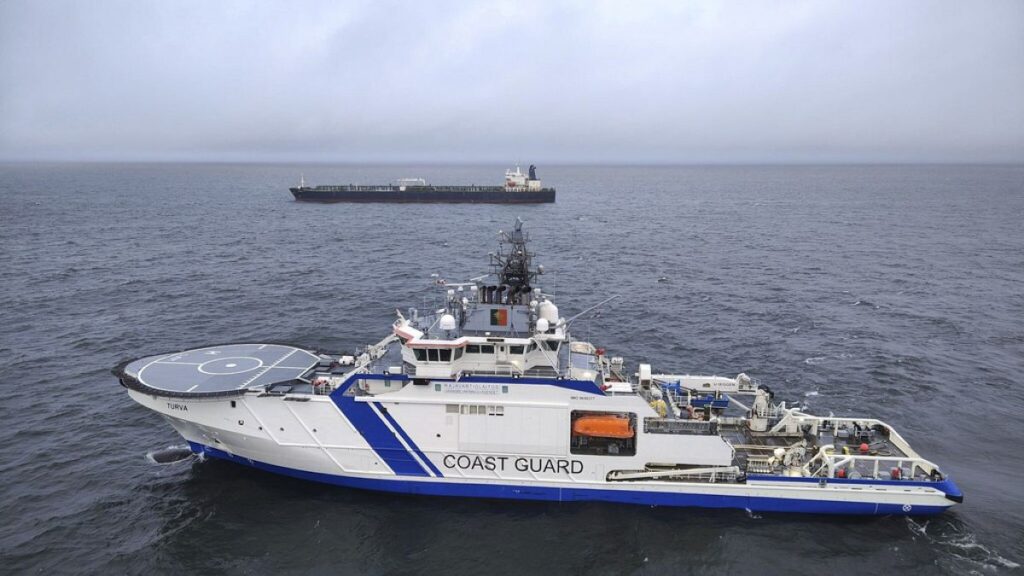Sweden’s opposition Social Democratic party has called on the government to invoke a NATO article that would force the alliance to hold a special meeting.
Responding to the opposition’s call, Swedish Foreign Minister Maria Malmer Stenergard told Swedish broadcaster SVT that the government “excluded nothing”, regarding the convening of a NATO meeting.
Sweden only recently joined NATO, in March, in response to Russia’s invasion of Ukraine. Until then, it had pursued a policy of neutrality.
If a NATO meeting were to take place under Article 4, members would consider coordinating their response, but would not be required to act.
This article commits NATO members to “consult each other whenever, in the opinion of one of them, the territorial integrity, political independence or security of one of the parties is threatened”.
Article 4 has been invoked seven times since NATO’s creation in 1949.
All took place in the 21st century, either because Russia was seen as a threat to Eastern European states or because Turkey feared growing instability in the Middle East.
In 2014, following Russia’s annexation of Crimea, Poland invoked Article 4.
Sabotage of Finnish-Estonian power cable
NATO Secretary General Mark Rutte said on Friday the alliance would step up patrols in the Baltic Sea, as Finnish investigators work to determine whether a Russia-linked ship sabotaged underwater cables. sailors in this region this week.
Finnish authorities took control of the ship, the Eagle S, on Thursday as they try to determine whether it damaged a power cable linking Finland and Estonia as well as several data cables. This is the latest incident in a series of disruptions to key infrastructure in the region.
In a post on X, Rutte said he had spoken to Finnish President Alexander Stubb “regarding Finland’s ongoing investigation into possible sabotage of submarine cables”. Mr Rutte added that “NATO will strengthen its military presence in the Baltic Sea”.
Asked what could be done and when, NATO headquarters said only that the 32-nation alliance “remains vigilant and strives to provide additional support, including by strengthening its military presence” in the region.
Finland, which shares a 1,340-kilometer border with Russia, joined NATO in 2023, abandoning, like Sweden, a decades-old policy of neutrality.
In October 2023, in response to similar incidents, NATO and its allies deployed more maritime patrol aircraft, long-range radar aircraft and drones for surveillance and reconnaissance flights, while a fleet of minehunters was also sent to the region.




